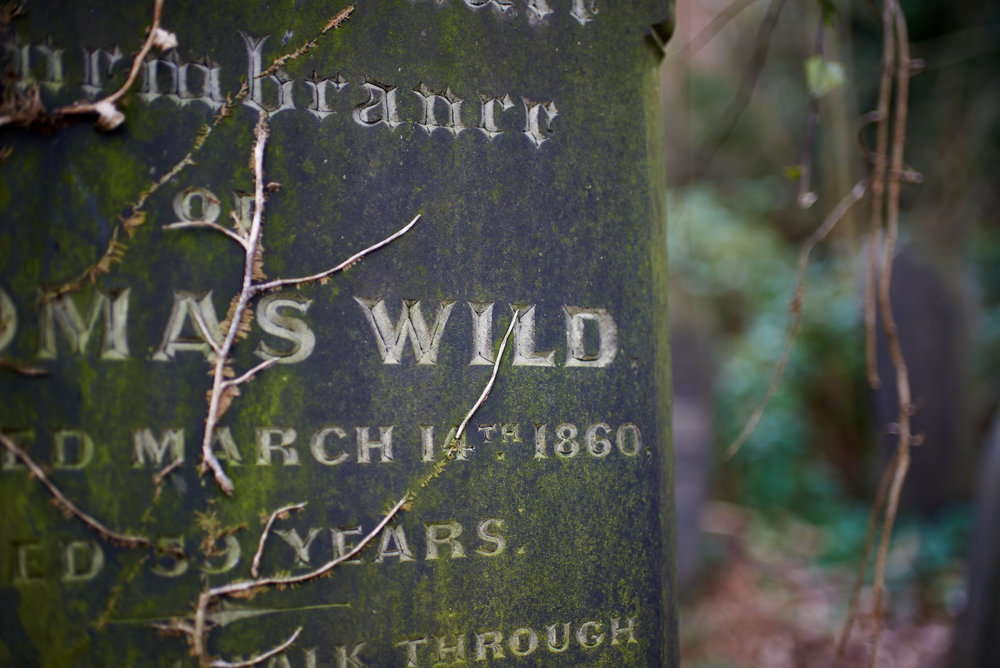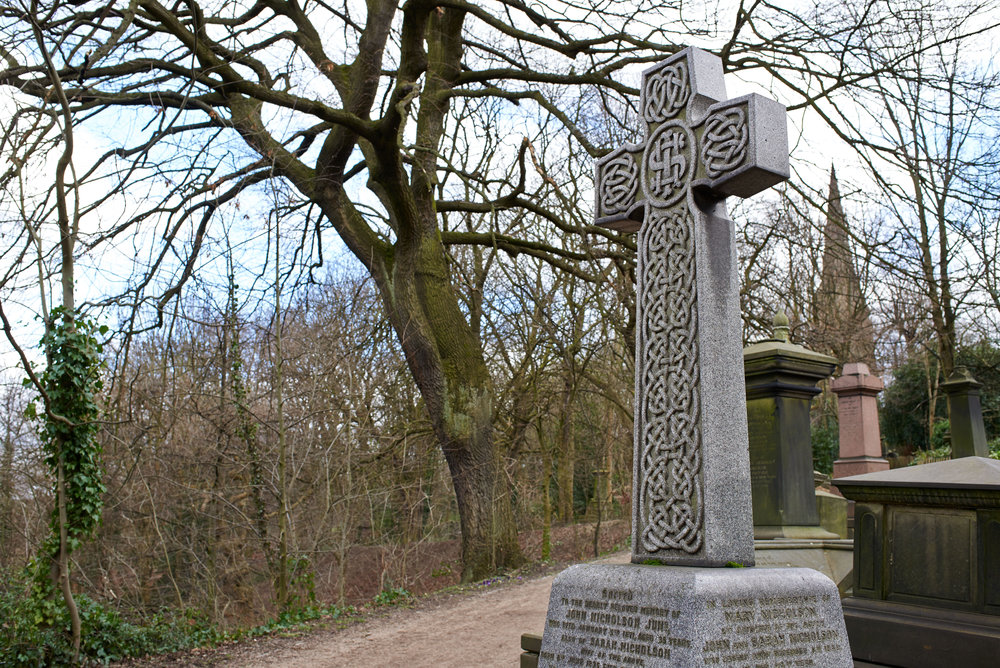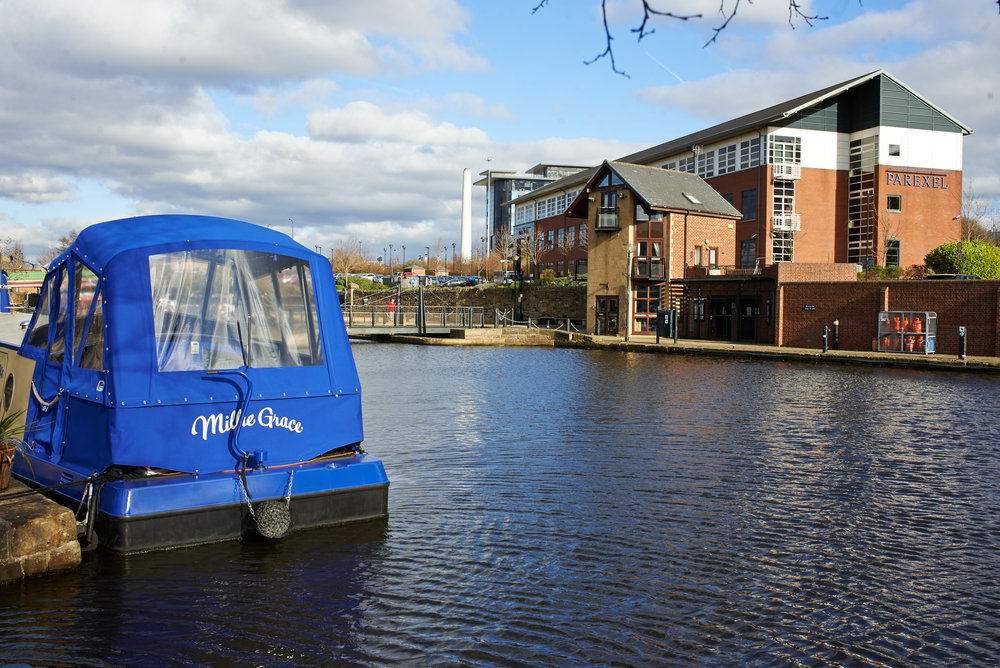Handling and Features
Performance
Verdict
Specification
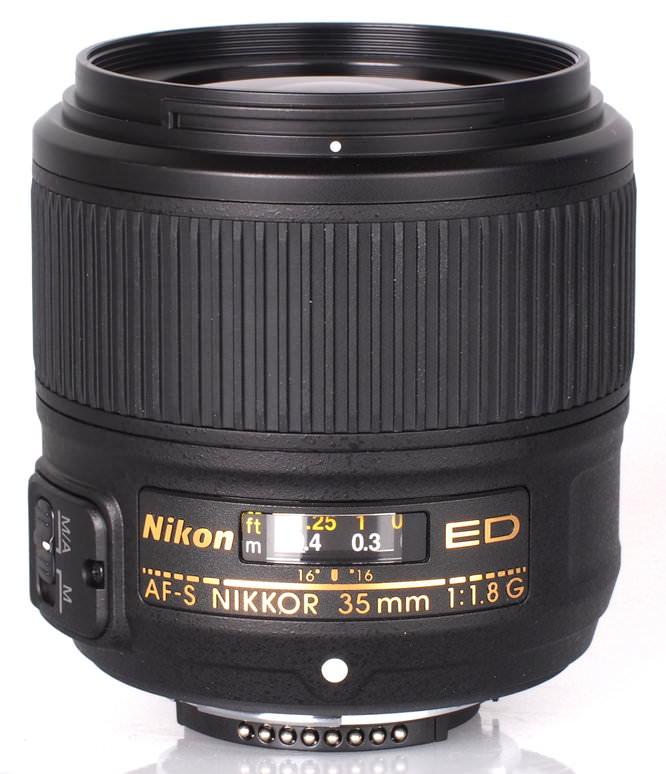
This brand new compact wide angle lens from Nikon costs around £470 and sports a bright f/1.8 maximum aperture and silent, internal focusing with full time manual focus override. Is it good enough to be considered as a cheaper alternative to Nikon's highly regarded 35mm f/1.4G lens? We'll investigate in this review.
Nikon AF-S NIKKOR 35mm f/1.8G Handling and Features
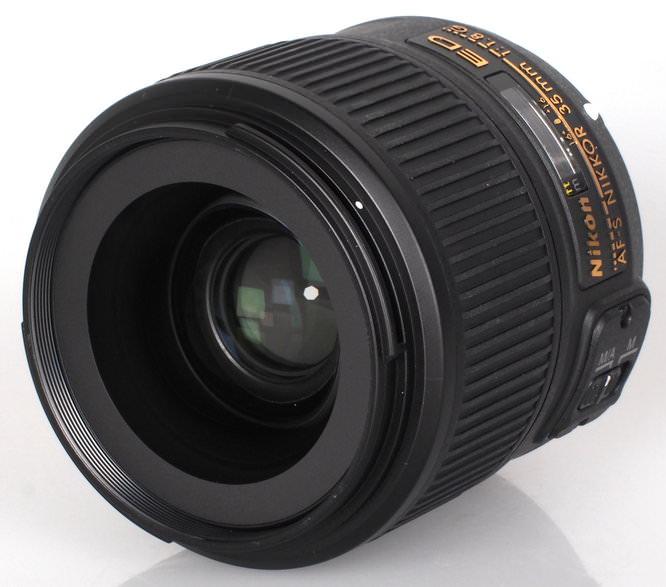
Weighing only 305g, this lens is quite lightweight and compact, considering the bright f/1.8 maximum aperture. The lens barrel is constructed from high quality plastics and the lens bayonet is metal, with a rubber gasket to help prevent the ingress of dust and moisture into the camera. The lens balances well on the Nikon D600 body used for testing, and should even feel right at home on Nikon's most compact DSLRs.
A silent wave motor powers autofocus, and AF is reasonably quick as a result. Manual adjustments can be applied at any time via the wide focusing ring too. The wide focusing ring is smooth, but not especially damped, feeling quite loose in operation. Even so fine adjustments are quite easy enough to apply.
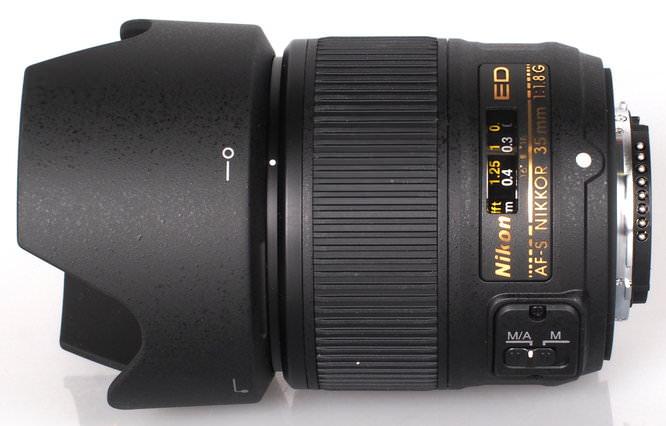
Closest focus distance is 25cm, and focusing is performed internally, so the 58mm filter thread does not rotate, which should make this lens ideal for use with graduated filters and polarisers.
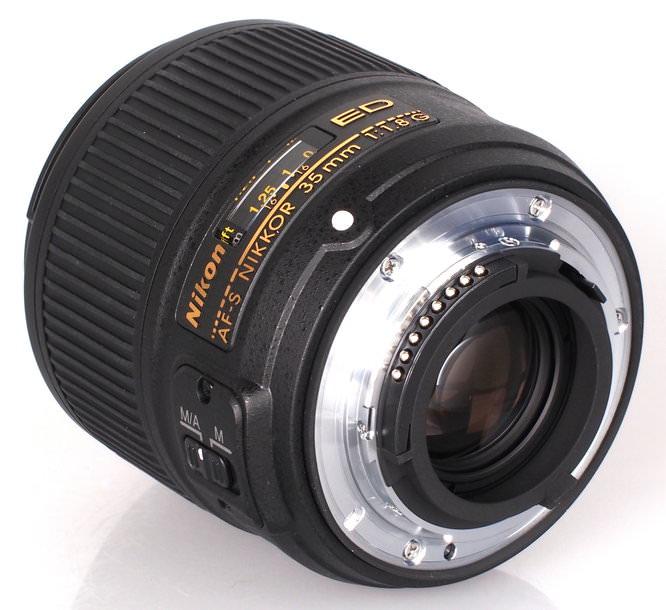
Nikon AF-S NIKKOR 35mm f/1.8G Performance
At f/1.8, sharpness in the centre of the frame already approaches excellent levels, although performance towards the edges is only fairly good. Stopping down improves clarity across the frame, peaking at f/5.6. Here sharpness is outstanding across the frame.
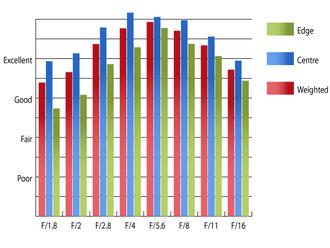 MTF@35mm |
How to read our chartsThe blue column represents readings from the centre of the picture frame at the various apertures and the green is from the edges. Averaging them out gives the red weighted column.The scale on the left side is an indication of actual image resolution. The taller the column, the better the lens performance. Simple. For this review, the lens was tested on a Nikon D600 using Imatest. |
Levels of chromatic aberrations are fairly low at every aperture, only just exceeding 0.5 pixel widths at maximum aperture. This low level of fringing should be difficult to spot, even in very large prints, and harsh crops from the edges of the frame.
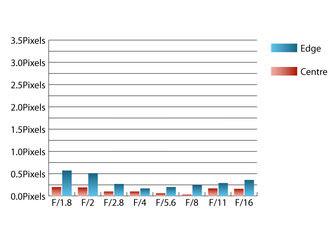 CA@35mm |
How to read our chartsChromatic aberration is the lens' inability to focus on the sensor or film all colours of visible light at the same point. Severe chromatic aberration gives a noticeable fringing or a halo effect around sharp edges within the picture. It can be cured in software.Apochromatic lenses have special lens elements (aspheric, extra-low dispersion etc) to minimize the problem, hence they usually cost more. For this review, the lens was tested on a Nikon D600 using Imatest. |
Falloff of illumination towards the corners is quite severe. At maximum aperture the corners are 2.87 stops darker than the image centre and visually uniform illumination isn't achieved until stopped down to f/5.6 or beyond.
Imatest managed to detect 1.49% barrel distortion, which is a reasonably mild amount of distortion and is fairly typical for a fast-aperture wide angle lens. If straight lines are of the utmost importance, you'll be glad to hear that the distortion pattern is uniform across the frame, which should make applying corrections in image editing software afterwards relatively straightforward.
Even though this lens lacks Nikon's latest Nano-Crystal coating technology, the lens is very resistant to flare and contrast holds up well when shooting into the light. A petal shaped hood is supplied as standard, which does an excellent job of shielding the lens from extraneous light, that may cause issues.
Nikon AF-S NIKKOR 35mm f/1.8G Sample Photos
Value For Money
Priced at around £470, this lens represents pretty good value for money, especially given its features and performance.
Those on the hunt for a bargain may consider this lens' predecessor. The old Nikon 35mm f/2D does have a slightly slower maximum aperture, and lacks silent focusing, but it can be picked up for around £255.
More expensive options include Nikon flagship 35mm f/1.4G lens, which is two-thirds of a stop faster and nearly three times the price at £1250. Sigma also offer a 35mm f/1.4 lens, which is much better value at around £620.
Nikon AF-S NIKKOR 35mm f/1.8G Verdict
Overall, this lens offers a good balance of performance for the price. Although more exotic, faster lenses available at this focal length may trump this lens in some ways, they are also more expensive, larger and heavier. Even owners of Nikon's older 35mm f/2D lens may find this a worthwhile upgrade, due to its slightly faster maximum aperture, and fast silent focusing.
Nikon AF-S Nikkor 35mm f/1.8G Lens Review: The Nikon AF-S Nikkor 35mm f/1.8G is a compact and lightweight lens that delivers very sharp results.
